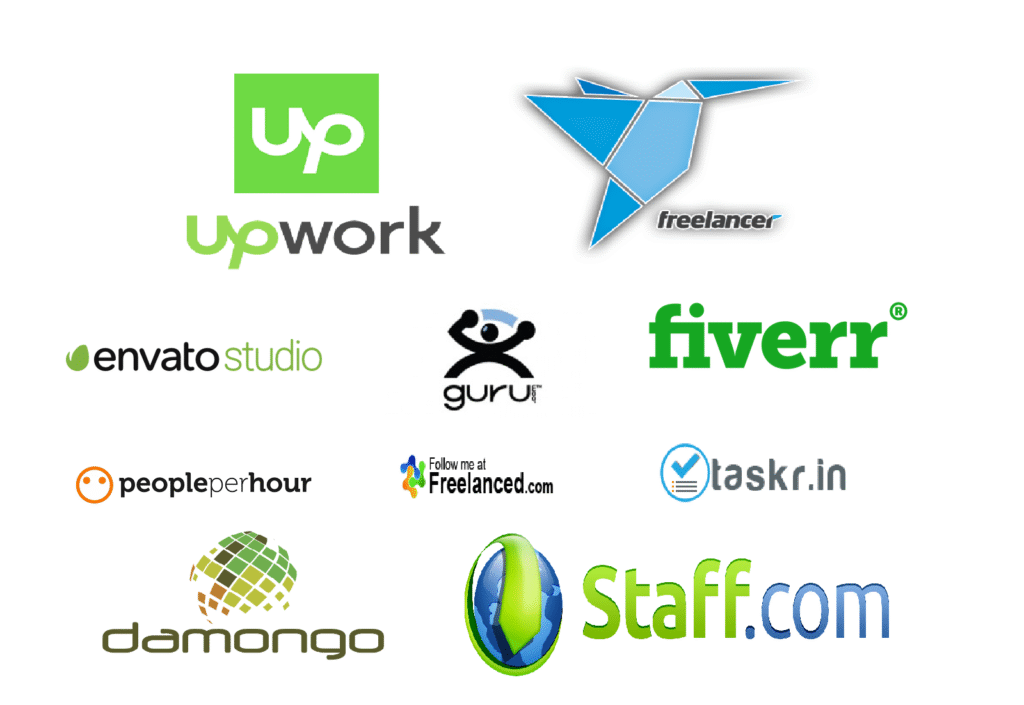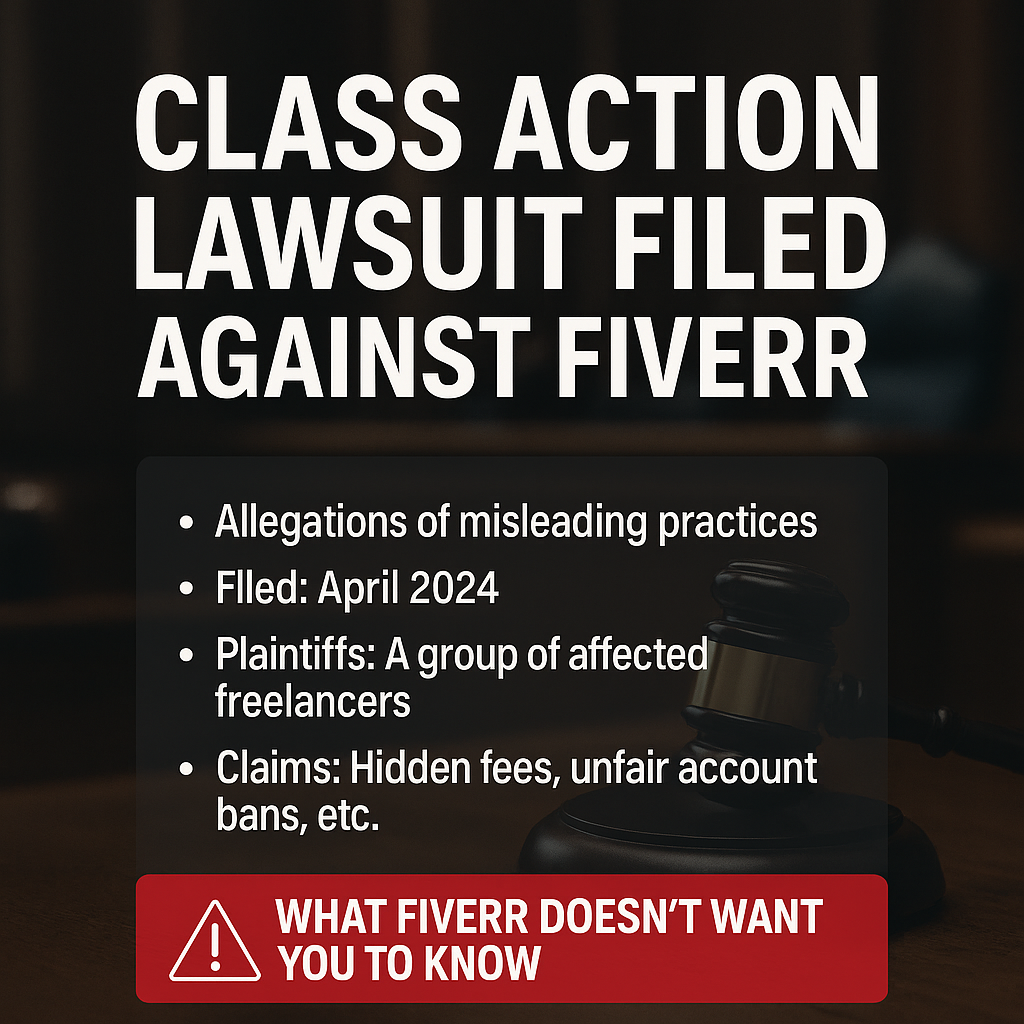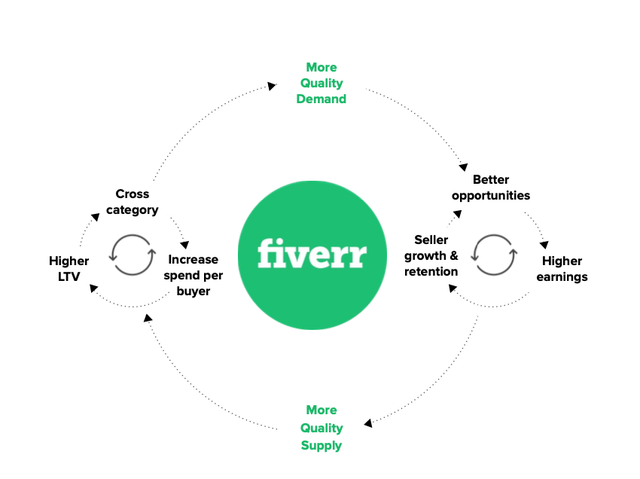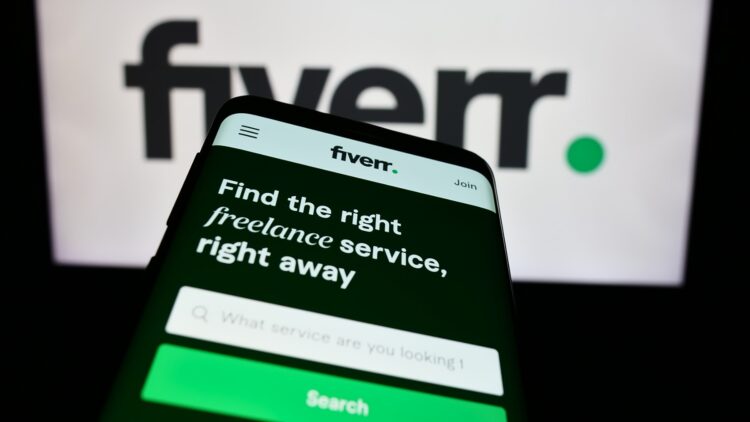Why the Fiverr Lawsuit Matters in 2025
In 2025, the freelance economy is booming, with platforms like Fiverr playing a pivotal role in connecting freelancers with clients worldwide. However, recent legal challenges have put Fiverr under scrutiny, raising concerns among users about transparency and fairness.
The Rise of Freelance Platforms and Fiverr’s Role

Fiverr has revolutionized the way freelancers and clients interact. By offering a platform where services start at just $5, it democratized access to freelance work. Over the years, it expanded to include a wide range of services, from graphic design to digital marketing. Its user-friendly interface and global reach made it a go-to platform for many.
Overview of the Legal Challenge
Despite its success, Fiverr is now facing a class-action lawsuit in California. The lawsuit alleges that Fiverr employs deceptive pricing practices, specifically “drip pricing,” where additional fees are only revealed at the final checkout stage. This practice has led to accusations of misleading consumers and violating state consumer protection laws.
Understanding the Allegations Against Fiverr
What Are “Junk Fees”?
“Junk fees” refer to unexpected charges added to a purchase, often disclosed late in the transaction process. In Fiverr’s case, users claim that the platform advertises a service at a certain price, only to add service fees at the end, increasing the total cost without prior clear disclosure.
The Concept of Drip Pricing
Drip pricing is a strategy where the initial price presented to the consumer doesn’t include all additional fees, which are “dripped” in later during the purchase process. This tactic can lead consumers to commit to a purchase under the impression of a lower price, only to face higher costs at the final step.
Details of the Class Action Lawsuit

Who Filed the Lawsuit and Why
The lawsuit was filed by Marcus Johnson, a California resident, who alleges that Fiverr’s pricing practices are deceptive. Johnson claims he was misled by the advertised price of a service, only to discover additional fees at checkout, which he argues is a violation of California’s consumer protection laws.
Legal Grounds: California’s Consumer Protection Laws
The lawsuit cites violations of several California laws, including the Unfair Competition Law and the Consumers Legal Remedies Act. These laws are designed to protect consumers from deceptive business practices, including misleading pricing strategies.
Fiverr’s Response and Legal Position
Fiverr’s Official Statement
As of now, Fiverr has not publicly commented on the lawsuit. However, companies facing such legal challenges often argue that their pricing structures are transparent and that any additional fees are standard industry practice.
Potential Defenses and Counterarguments
Fiverr may argue that service fees are necessary to maintain the platform and that they are disclosed before the final purchase. They might also contend that users have the opportunity to review the total cost before confirming a transaction, thereby fulfilling their obligation for transparency.
Implications for Freelancers and Buyers
How This Affects Freelancers’ Earnings
For freelancers, the lawsuit could lead to changes in how Fiverr structures its fees. If the platform is required to alter its pricing disclosure practices, it might impact the overall cost of services, potentially affecting freelancers’ earnings and how they price their services.
Impact on Buyers’ Trust and Platform Usage
Buyers may become more cautious when using Fiverr, scrutinizing the total cost of services more closely. The lawsuit could lead to a loss of trust in the platform, prompting some users to seek alternatives that offer more transparent pricing.
Broader Impact on the Gig Economy
Legal Precedents and Future Regulations
This lawsuit could set a precedent for how online platforms disclose fees, potentially leading to stricter regulations across the gig economy. Other platforms may proactively adjust their pricing disclosures to avoid similar legal challenges.
Comparison with Other Platforms Facing Similar Issues
Fiverr is not alone in facing scrutiny over pricing practices. Other companies, such as Charlotte Russe, have also been accused of adding hidden fees at checkout. These cases highlight a broader industry issue regarding transparent pricing.
Actionable Tips for Fiverr Users

For Freelancers: Navigating the Platform Amid Legal Changes
- Stay Informed: Keep up with updates regarding the lawsuit and any changes Fiverr implements.
- Transparent Pricing: Clearly communicate your service costs to clients, including any potential additional fees.
- Feedback: Encourage clients to provide feedback on pricing clarity, helping you adjust your offerings accordingly.
For Buyers: Ensuring Transparent Transactions
- Review Total Costs: Before confirming a purchase, carefully review the total cost, including any added fees.
- Ask Questions: If unclear about any charges, don’t hesitate to ask the freelancer or Fiverr support for clarification.
- Compare Services: Look at similar services across different platforms to ensure you’re getting a fair deal.
Fiverr Lawsuit 2025: Freelancers and Buyers Beware of Hidden Fees
Fiverr Faces Legal Heat: The Hidden Fee Controversy
In April 2025, Fiverr Inc., a leading online freelance marketplace, was hit with a class-action lawsuit in California. The lawsuit alleges that Fiverr engaged in deceptive pricing practices by adding undisclosed “junk fees” at the final checkout stage, a tactic known as “drip pricing.” Plaintiff Marcus Johnson claims he was misled by an advertised service price of $35, only to be charged an additional $4.93 service fee at checkout, increasing the total cost to $39.93 .ClassAction.org
Understanding Drip Pricing and Its Implications
Drip pricing involves advertising a base price for a product or service, then revealing additional mandatory fees late in the purchasing process. This practice can lead consumers to commit to a purchase under the impression of a lower price, only to face higher costs at the final step. In Fiverr’s case, the lawsuit alleges that such practices violate California’s Consumer Legal Remedies Act and Unfair Competition Law .Top Class Actions
Legal Grounds: California’s Stand Against Hidden Fees
California has been proactive in combating deceptive pricing. The state’s SB 478 law, effective from July 1, 2024, specifically prohibits businesses from advertising prices that exclude mandatory fees, aiming to ensure transparency for consumers . The lawsuit against Fiverr leverages this law, asserting that the platform’s pricing practices are in direct violation.California Attorney General
Fiverr’s Response and Potential Repercussions

As of now, Fiverr has not publicly commented on the lawsuit. However, the outcome could have significant implications:
- For Fiverr: A ruling against the company might necessitate changes in its pricing disclosure practices, potentially affecting its revenue model.
- For Freelancers: Alterations in fee structures could impact earnings, as service fees are integral to Fiverr’s commission system.
- For Consumers: A successful lawsuit could lead to more transparent pricing, restoring trust among users.ClassAction.org+7Instagram+7El Adelantado+7
Broader Impact on the Gig Economy
Fiverr isn’t alone in facing scrutiny over hidden fees. Other companies, like Charlotte Russe, have also been accused of similar practices . These legal challenges highlight a growing demand for transparency in online transactions, potentially leading to industry-wide reforms.
Actionable Tips for Fiverr Users
For Freelancers:
- Transparent Communication: Clearly inform clients about the total cost, including any service fees.
- Stay Informed: Keep abreast of platform changes that might affect your earnings.
For Buyers:
- Review Final Costs: Always check the total amount before confirming a purchase.California Attorney General+1El Adelantado+1
- Ask Questions: If unclear about fees, consult the freelancer or Fiverr’s support.
Conclusion: The Future of Fiverr and Online Freelance Marketplaces
The Fiverr lawsuit in 2025 underscores the importance of transparency in online transactions. As the gig economy continues to grow, platforms must prioritize clear communication regarding pricing to maintain user trust. Both freelancers and buyers should stay informed and proactive to navigate these changes effectively.









Add comment
You must be logged in to post a comment.